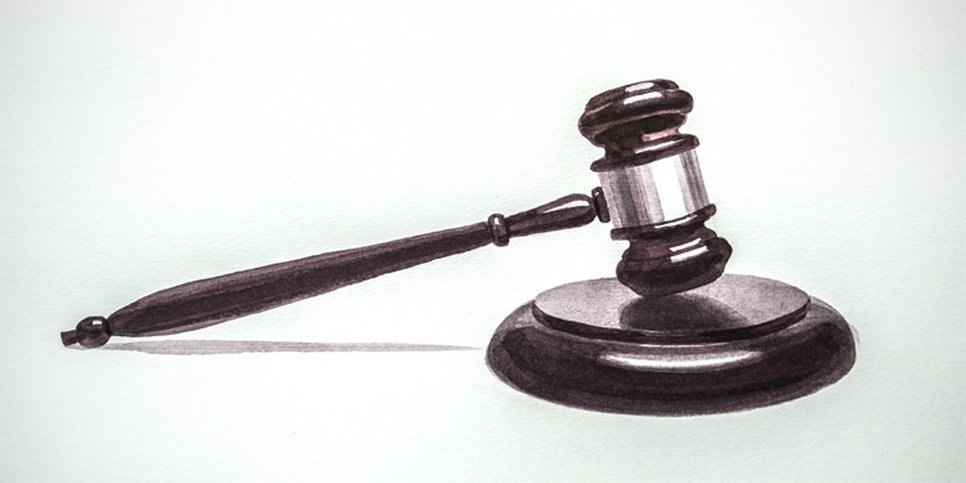Courts in a number of regions are softening the measure of restraint for believers
Ivanovo Region, Kamchatka Territory, Kostroma Region, Orenburg Region, Perm TerritoryIn a number of regions of Russia, the courts gradually softened the measure of restraint for innocent citizens: from detention to prohibition of certain actions and even to recognizance not to leave. At the same time, the investigation of these criminal cases continues, and believers still face up to 10 years in prison. The investigators, for their part, continue to insist on the detention of believers, unsuccessfully trying to persuade them to incriminate themselves.
On August 9 and 10, 2018, in Vilyuchinsk (Kamchatka Territory), spouses Mikhail and Elena Popov were released from the measure of restraint. Mikhail spent 11 days behind bars, Yelena - 4 days plus 7 days under house arrest.
On August 24, 2018, in Yelizovo (Kamchatka Territory), courts released Vera Zolotova and Snezhana Bazhenova on their own recognizance after 2 days behind bars. On August 30, 2018, Konstantin Bazhenov was released after spending 8 days in captivity.
On October 14, 2018, in Orenburg, the court twice changed the measure of restraint for Alexander Suvorov and Vladimir Kochnev. The last time the court found it possible to impose a preventive measure on them in the form of a ban on certain actions, namely to leave the house at night, receive mail and use means of communication, after they had spent 78 days in a pre-trial detention center and 70 days under house arrest. The same measure was imposed on Vladislav Kolbanov, who spent 2 days in custody and 146 days under house arrest.
On October 24, 2018, in Kostroma, a court softened Sergey Rayman's preventive measure to a ban on certain actions (leaving the house at night, using the Internet, telephone, mail and communicating with "persons professing the teachings of Jehovah"). Sergey spent 59 days in prison and 30 days under house arrest. His wife Valeria has the same measure of restraint; She spent 2 days behind bars.
On November 15, 2018, in Shuya (Ivanovo region), a court released Dmitry Mikhailov on his own recognizance after he spent 171 days in a pre-trial detention center.
On November 19, 2018, a court in Perm changed Aleksandr Solovyov's measure of restraint, prohibiting certain actions (using the Internet, telephone, mail and communicating with participants in a criminal case). Prior to that, the believer spent 2 days behind bars and 179 days under house arrest.
On December 27, 2018, a court in Perm released Viktor Kuchkov and Igor Turik on their own recognizance. Both spent 3 days behind bars and 101 days under house arrest.
15 believers, the courts softened the measure of restraint, changing it from detention to house arrest (still a significant restriction of freedom). As of January 1, 2019, 22 people were under house arrest. Another 25 people remained in the pre-trial detention center.
These data are remarkable in the light of the all-Russian statistics on changes in preventive measures. Thus, according to official data for 2017, published on the website of the Judicial Department at the Supreme Court of the Russian Federation, on average in Russia, courts only in 2% of cases softened the measure of restraint, while in cases initiated against Jehovah's Witnesses in 2018, this figure reaches 30%. Obviously, the courts understand that believers who are persecuted have nothing to do with extremism.
